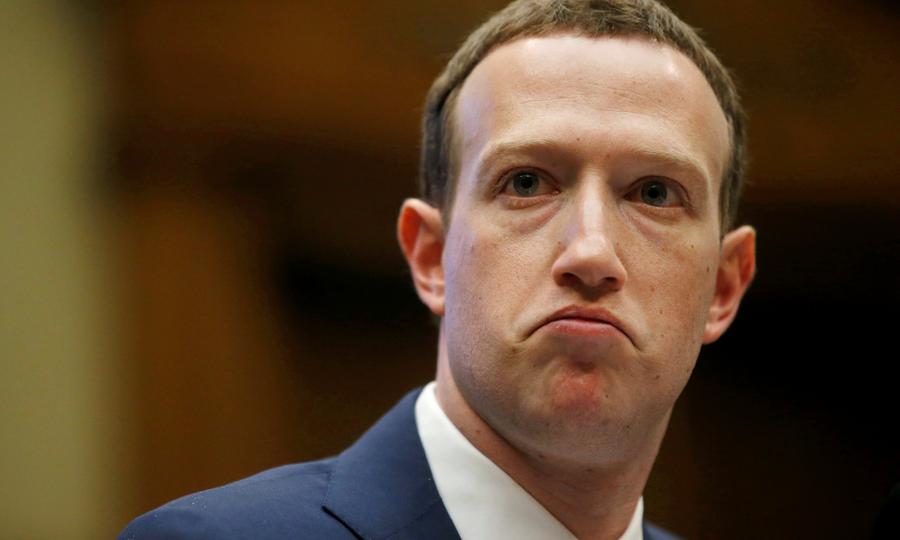Zuckerberg’s Wealth Soars to $201B as Meta Shifts Focus to AI and Metaverse
30.09.2024 22:00 2 min. read Alexander Stefanov
Mark Zuckerberg, the tech visionary behind Meta, now ranks as the fourth-richest individual globally with a fortune of $201 billion, thanks to the company’s pivot to metaverse technology and artificial intelligence.
Since Meta’s rebranding from Facebook in 2021, the company’s stock price has surged to about $567 per share, recovering from its November 2022 low of $88.
The initial shift to focus on augmented reality and AI led to a sharp drop in Meta’s stock, with prices falling from around $300 to their lowest point in late 2022. However, the tech landscape has since evolved, with major players like Apple, Google, Nvidia, and Microsoft joining the race to develop metaverse hardware.
As of September 2024, Zuckerberg’s wealth puts him just behind Elon Musk, Jeff Bezos, and Bernard Arnault, according to Bloomberg.
At the Meta Connect event in late September, Zuckerberg introduced the Orion augmented reality glasses, which project a digital interface over real-world objects. He also showcased the more affordable Quest 3S virtual reality headset, set to replace the older Quest 3 model.
Despite the rise in stock price since the rebrand, Meta reduced its metaverse budget by 20% in mid-2024 and instructed Reality Labs to cut costs further by 2026. The division has lost $60 billion since 2019, facing challenges with profitability amid a shift toward AI applications.
Zuckerberg has emphasized the company’s renewed focus on AI, including the release of an advanced open-source AI model and continued success with AI-integrated products like the Ray-Ban Meta smart glasses.
-
1
Weekly Recap: Key Shifts and Milestones Across the Crypto Ecosystem
06.07.2025 17:00 4 min. read -
2
Trump Imposes 50% Tariff on Brazil: Political Tensions and Censorship at the Center
10.07.2025 7:00 2 min. read -
3
Key Crypto Events to Watch in the Next Months
20.07.2025 22:00 2 min. read -
4
USA Imposes Tariffs on Multiple Countries: How the Crypto Market Could React
08.07.2025 8:30 2 min. read -
5
UAE Regulators Dismiss Toncoin Residency Rumors
07.07.2025 11:12 2 min. read
Two Upcoming Decisions Could Shake Crypto Markets This Week
The final days of July could bring critical developments that reshape investor sentiment and influence the next leg of the crypto market’s trend.
Winklevoss Slams JPMorgan for Blocking Gemini’s Banking Access
Tyler Winklevoss, co-founder of crypto exchange Gemini, has accused JPMorgan of retaliating against the platform by freezing its effort to restore banking services.
Robert Kiyosaki Warns: ETFs Aren’t The Real Thing
Renowned author and financial educator Robert Kiyosaki has issued a word of caution to everyday investors relying too heavily on exchange-traded funds (ETFs).
Bitwise CIO: The Four-Year Crypto Cycle is Breaking Down
The classic four-year crypto market cycle—long driven by Bitcoin halvings and boom-bust investor behavior—is losing relevance, according to Bitwise CIO Matt Hougan.
-
1
Weekly Recap: Key Shifts and Milestones Across the Crypto Ecosystem
06.07.2025 17:00 4 min. read -
2
Trump Imposes 50% Tariff on Brazil: Political Tensions and Censorship at the Center
10.07.2025 7:00 2 min. read -
3
Key Crypto Events to Watch in the Next Months
20.07.2025 22:00 2 min. read -
4
USA Imposes Tariffs on Multiple Countries: How the Crypto Market Could React
08.07.2025 8:30 2 min. read -
5
UAE Regulators Dismiss Toncoin Residency Rumors
07.07.2025 11:12 2 min. read


